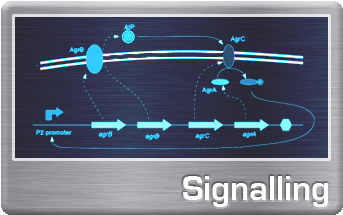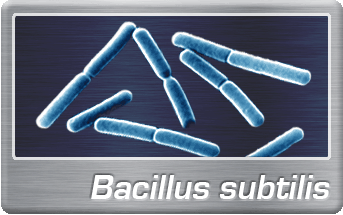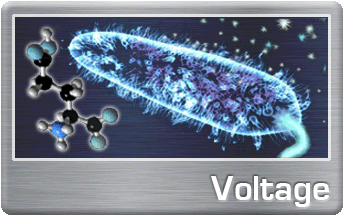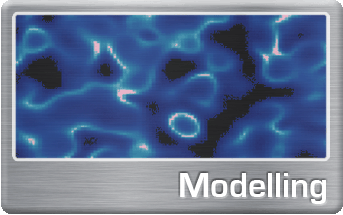Team:Cambridge
From 2008.igem.org
Revision as of 23:04, 29 October 2008 by Tasslehoff (Talk | contribs)


|


|
OverviewSince the emergence of Synthetic Biology, bacteria have been engineered to perform a wide variety of simple tasks. They can be made to express proteins, respond to their environment and communicate primitively with each other. Presently, a key goal for the field is to create a communicating, organised and differentiated population of bacteria that can be considered a multicellular organism, capable of performing even more complex tasks. To realize this goal requires the development of systems for rapid, robust communication and self-organised differentiation. Our project sets the foundation for future research in engineered multi-cellularity by pursuing electrical and peptide signalling, and cellular self-differentiation through spontaneous spatial patterning. |
---To be deleted after completion of moving stuff into Wiki Start!--- MIGRATION: Note to Cambridge iGEMersWe are manually transferring all wiki text and images from OWW to this page. Please check the email you were sent for your particular subsection. Please transfer images as well as text. Transferring images requires downloading them to your computer and re-uploading them to this website. Once all the data is here, we will begin formatting everything properly with CSS and HTML. Here are temporary links to the subsections:
Kath (28/10 16:55)
---To be deleted after completion of moving stuff into Wiki End!--- |
||
 "
"

